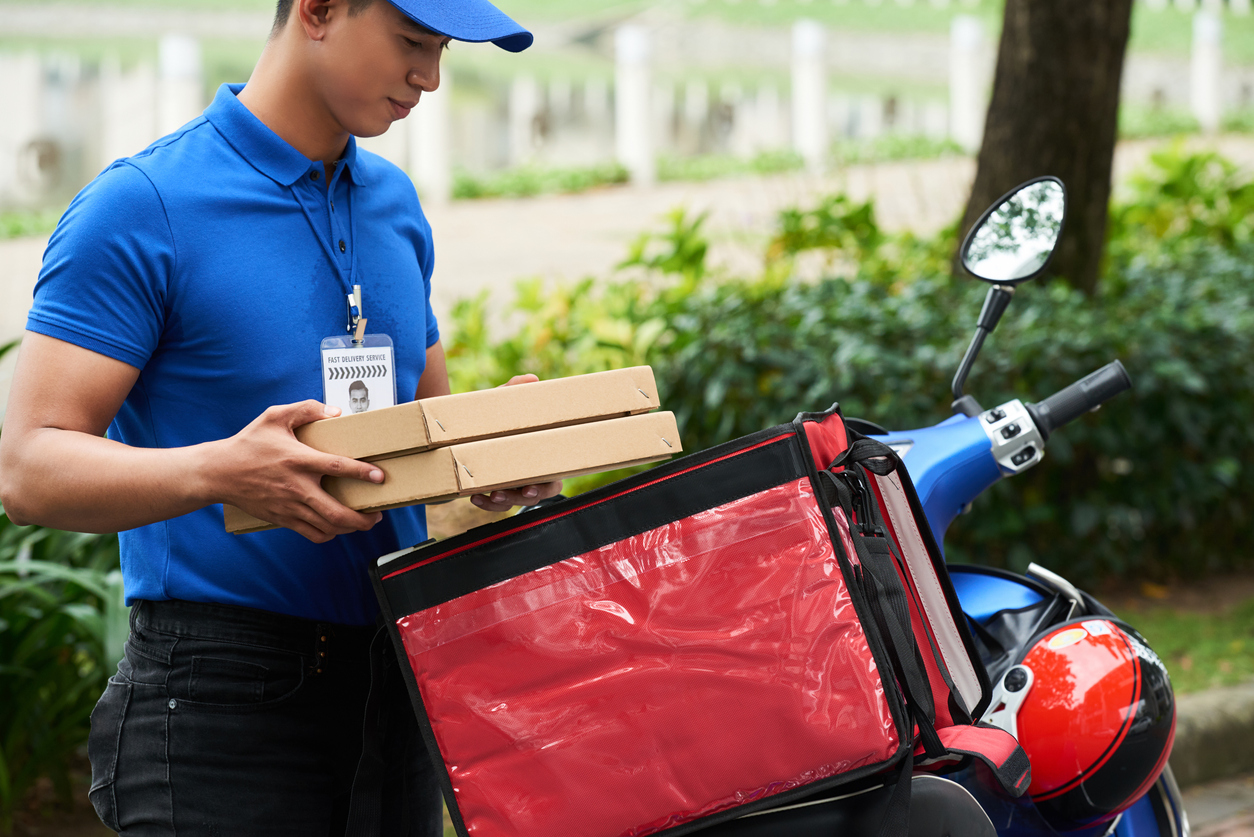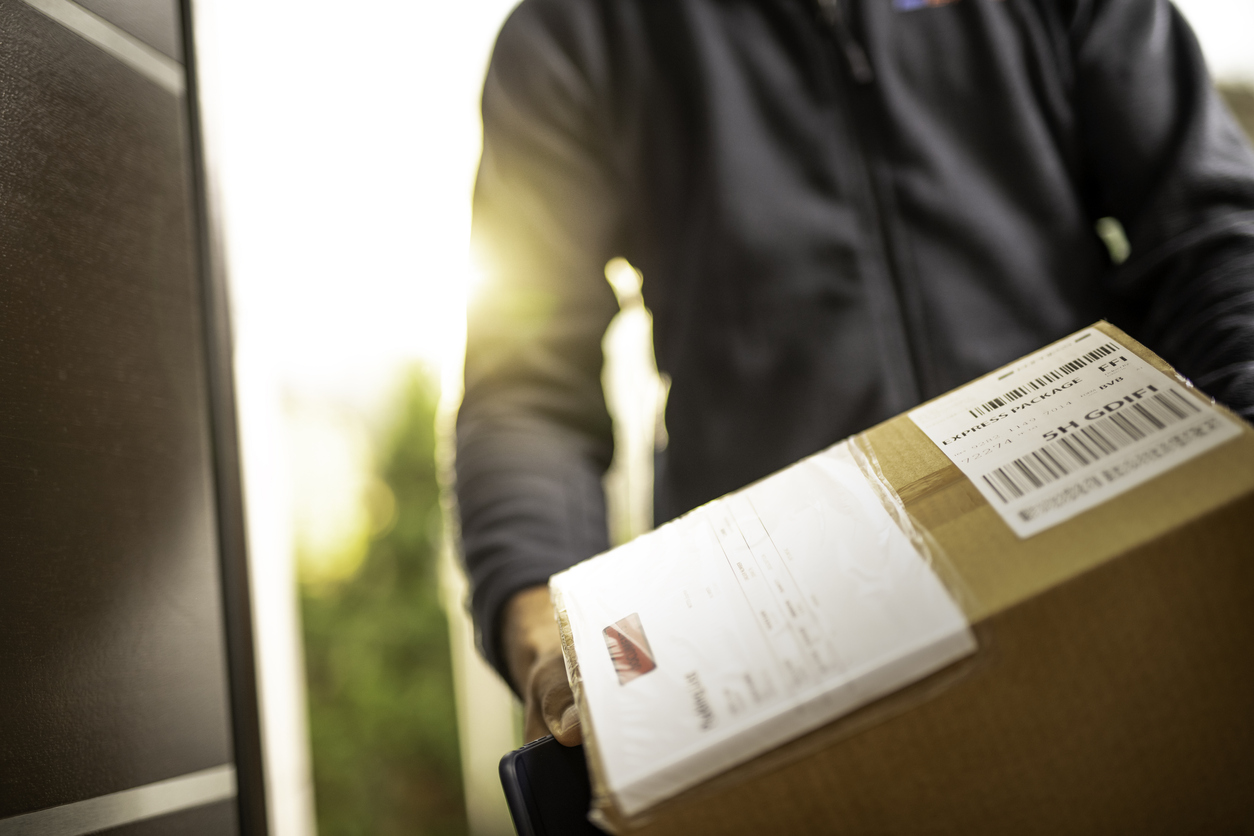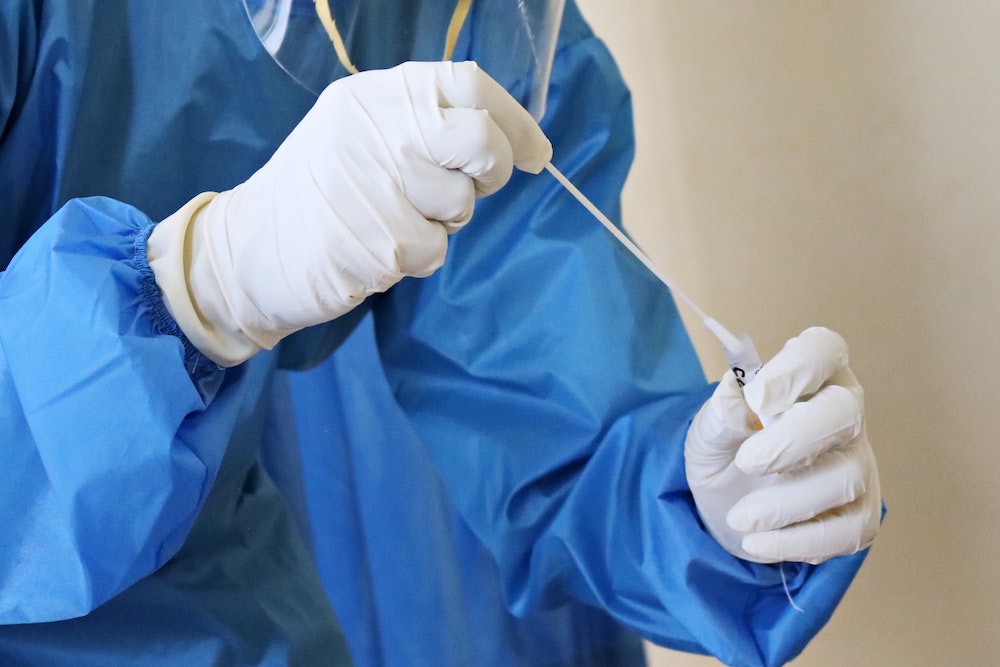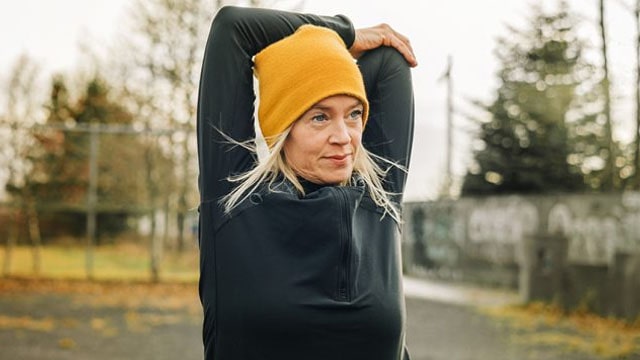Your country may be on lockdown but you still need food, medicines and other essential items. If you’re limiting how much you go out, it’s likely that you’re relying on home deliveries more than ever.
So while you stay in, these items are still entering your home.
But do you need to clean them?
Groceries
The Food and Drug Administration (FDA) in the US says there’s currently no evidence of food or food packaging being linked to the spread of the coronavirus.
However, if you touch a surface with the virus on it and then touch your face, nose or mouth you could get infected - although the FDA and Centers for Disease Control and Prevention (CDC) say this isn’t thought to be the main way the virus spreads.
A recent study in The New England Journal of Medicine found that the coronavirus (SARS-CoV-2) could survive on hard surfaces like plastic and stainless steel for up to 3 days, but it didn’t survive on cardboard for more than 24 hours.
However, the CDC says there’s “likely a very low risk of spread from food products or packaging that are shipped over a period of days or weeks at ambient, refrigerated or frozen temperatures.”
What this all means is that your risk of catching the coronavirus from your food is very low. The main way the virus appears to spread is from person to person.
If you’re worried, make sure you wash your hands for 20 seconds:
- after handling food
- after handling food packaging
- after removing any packaging from food
You may also want to throw the packaging away once food has been removed from it.
If you’re concerned a surface or counter top may be contaminated, clean it with a household cleaning spray or disinfectant.
Fresh produce like fruit and vegetables should always be washed under water to remove germs that could make you ill.

Food deliveries and takeaway food
The same tips apply here. The risk of getting the virus from the food or its packaging is low.
If you want to order food from your favourite restaurant, be sure to practise physical distancing from the person handing it to you.
If you collect the food yourself, keep a distance of at least 2 metres from anyone in the restaurant. If someone delivers it to your door, keep that same distance or, ideally, ask them to leave it on your doorstep when ordering.
You should also avoid using cash - use contactless or card payments instead.
Wash your hands for 20 seconds after handling the food, serve it on your own plates and bowls and throw away any packaging.
Then wash your hands again.

The World Health Organization (WHO) says it’s safe to receive packages, as the risk of catching the virus from a package that has been moved, travelled, and exposed to different conditions and temperatures is low.
The risk of someone infected with the coronavirus contaminating the goods is also low.
You can protect yourself by:
- keeping a distance of at least 2 metres (6 feet) from the mail delivery person or courier who is giving you the letter or parcel
- washing your hands after handling the parcel
- throwing away any packaging the item came in
If you think you may have coronavirus, you can use our COVID-19 Symptom Mapper to check your symptoms and compare them with others around the world.
This should give you a better understanding of how the illness is affecting you and will help us to map the spread of the outbreak.
Try the COVID-19 Symptom Mapper
References:
Food Safety and the Coronavirus Disease 2019 (COVID-19) [Internet]. U.S. Food and Drug Administration. 2020 [cited 31 March 2020]. Available here.
Coronavirus Disease 2019 (COVID-19) [Internet]. Centers for Disease Control and Prevention. 2020 [cited 31 March 2020]. Available here.
Aerosol and Surface Stability of SARS-CoV-2 as Compared with SARS-CoV-1 | NEJM [Internet]. New England Journal of Medicine. 2020 [cited 31 March 2020]. Available here.
Q&A on coronaviruses (COVID-19) [Internet]. Who.int. 2020 [cited 31 March 2020]. Available here.






